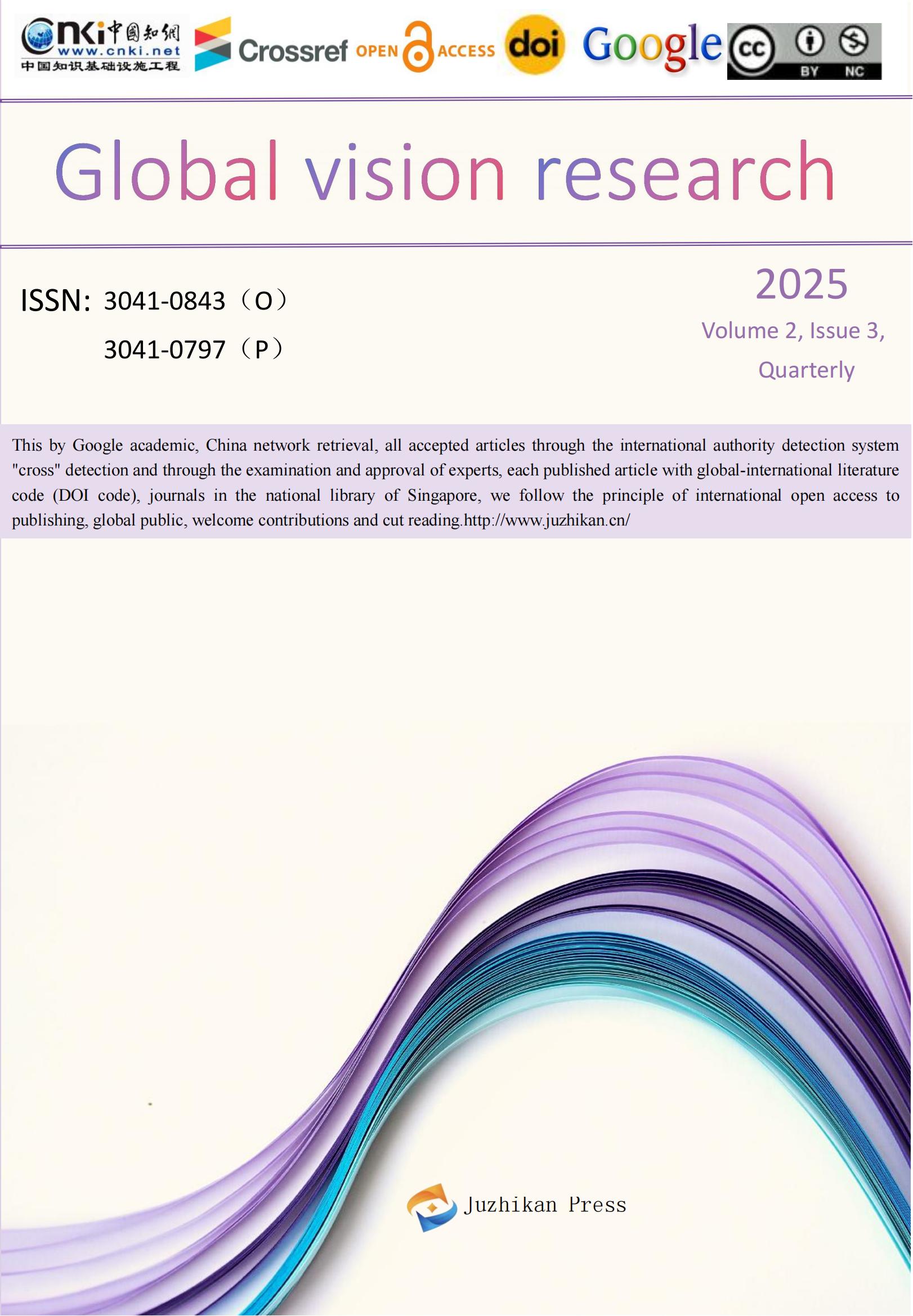
 info@juzhikan.asia
info@juzhikan.asia
 info@juzhikan.asia
info@juzhikan.asia
Digital Educational Translation of Chinese Traditional Culture: An Experimental Study on Primary School Art Teaching with the Example of Afu’s AI Collection Journey
Chen Yin
Sichuan College of Media,Chengdu Sichuan ,611745;
Abstract:Taking the art course Afu’s AI Collection Journey: Dynamic Ink-Wash Story Creation, implemented at Shenzhen Jinglian Primary School, as an example, this paper explores how Chinese traditional culture can be digitally translated into education through generative AI image technology. Within the framework of design-based research and case study analysis, it examines the practical pathways through which AI tools are integrated into traditional ink-wash teaching. By mapping the specific stages and operational procedures of AI integration in the classroom and combining lesson plans, student works, and teacher reflections, this study analyses the multi-dimensional outcomes of the teaching experiment. It also identifies problems encountered during implementation, such as hardware adaptation, cultural alienation, and teaching capacity, and proposes optimisation strategies from tool development and methodological innovation to teaching support. The research argues that digital media should serve as a channel for revitalising, rather than alienating, traditional culture in the contemporary context. By deeply integrating instrumental rationality and cultural rationality, it seeks to promote a shift in traditional cultural education from symbolic digitalisation to value-oriented digitalisation, offering both theoretical and practical frameworks for cultural transmission in the digital age.
Keywords: generative AI; traditional culture education; digital translation; ink-wash teaching; primary school art
] Wang, H. (2024). Practical research on integrating excellent Chinese traditional culture to build a “Chinese flavour” primary school art class. [Journal Name], (31), 139–142.
[2] Yang, J., & Zhu, M. (2025). An analysis of the pathways for AI empowerment in excellent Chinese traditional culture education. Vocational Education Development, 14(4), 45–51. https://doi.org/10.12677/ve.2025.144152
[3] Zhan, L. (2025). Research and discussion on “digital education transformation”. In Digital intelligence era… (Atlantis Press).
[4] Liu, R., et al. (2025). A case study on introducing AI generative image tools into children’s art aesthetic education. Children’s Aesthetic Education Research.
[5] Sun, B. (2022). An exploration of effective approaches to integrating primary school art teaching with traditional culture. China Science and Technology Journal Database: Scientific Research, (7), 4.
[6] Amini, H. (2025). AI in art education: Innovation, ethics, and the future of visual arts education. Scientific Research Publishing. (On the potential and challenges of AI in art education).
[7] Zeng, T. (2025). AI empowerment pathways for integrating traditional culture into art therapy. International Art and Design Education.
[8] Amini, H. (2025). AI in art education: Innovation, ethics, and the future of creativity. Art and Design Review, 13, 115–129.
[9] Sáez-Velasco, S. (2024). Analysing the impact of generative AI in arts education. Multimodal Editorial Technology, 11(2), 37.
[10] UNESCO. (2023). Artificial intelligence in education: Challenges and opportunities. e-UNESCO Report.